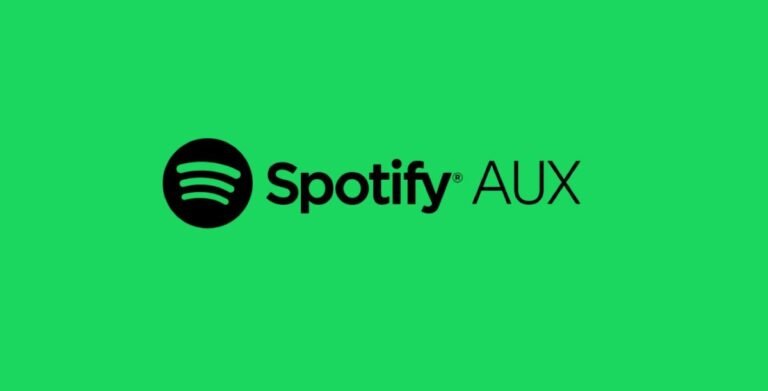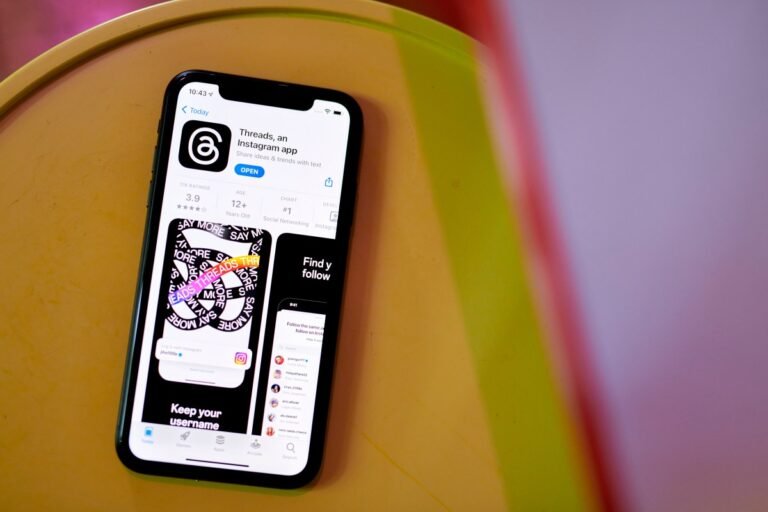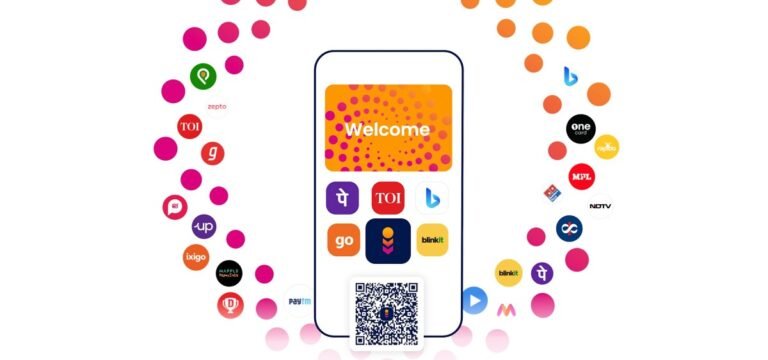
Meta today is offering more details about how it plans to make its messaging apps, WhatsApp and Messenger, interoperable with third-party messaging services, as required by the new EU law, the Digital Markets Act (DMA).
In addition, Meta now says it will ask third parties to use the Signal protocol, though it may make exceptions to this in the future.
Meta’s messaging clients will download the encrypted media from the third-party messaging servers using a Meta proxy device, it notes.
But that solution will require third parties to agree to additional protections to keep Meta’s users safe from spam and scams.
In addition, Meta says that third-party providers will need to sign an agreement with Meta or WhatsApp before it will enable interoperability.

Reports are coming in that a number of Meta’s top social apps, including Facebook and Instagram, as well as its new app Threads, are all experiencing an outage on Tuesday morning.
We’ve reached out to Meta to confirm the timing and the reports and will update if we hear more information.
In the meantime, Meta communications director Andy Stone has confirmed the outage in a post on X, noting, “We’re aware people are having trouble accessing our services.
To quell its potential role in influencing the elections’ outcome, Meta disables political ads in the timeframe leading up to key elections, like the U.S. midterms.
To address newer concerns, Meta also announced it would label political ads with AI-generated imagery for the 2024 election cycle.

Now the EU is asking questions about Meta’s ‘pay or be tracked’ consent modelMeta’s controversial pay or be tracked ‘consent’ choice for users the European Union is facing questions from the European Commission.
Meta’s ad-free subscription is controversial because under EU data protection law consent must be informed, specific and freely given if it’s to be valid.
Now the EU itself is stepping in with an RFI under the DSA, the bloc’s recently updated ecommerce rulebook.
In follow-up questions last month, the MEPs criticized internal market commissioner, Thierry Breton, for what they couched as “inadequate answers” — repeating their ask for a clear verdict on Meta’s ‘pay or consent’ model.
We also reached out to Ireland’s DPC for an update on its review of Meta’s consent or pay model — which has been ongoing for around six months.

Zuckerberg reportedly met Samsung’s executives, including Samsung executive chairman Jay Y. Lee, Wednesday night to discuss potential collaborations around AI chips, semiconductors, and extended reality.
Nvidia continues to dominate the global market for AI chips, leaving a big opportunity for countries that have traditionally been strong in processors or reignite their innovation instincts.
To that end, the social media giant has been ramping up its efforts to secure AI chips, and has been working on its own in-house AI chip, Artemis, for its data centers.
Big tech companies like Microsoft, OpenAI, Amazon, and Google have equally been scrambling for AI chips to support their AI ambitions.
Just yesterday, Zuckerberg met LG Electronics CEO William Cho in Seoul during his tour of Asia.

As we’ve reported before Meta’s self-serving ‘consent or cough up’ offer is already facing a number of other GDPR complaints.
Today’s complaints are not the first filed against Meta’s consent or pay tactic by consumer protection groups — some of which argue it’s breaching the bloc’s rules on consumer protection, too.
However its blog post defending the controversial tactic does not make any mention of how it complies with EU consumer protection law.
So another very pertinent question, vis-a-vis Meta’s consent or pay offer in the EU, is what the Commission will do?
*The BEUC members filing GDPR complaints against Meta are: CECU, dTest, EKPIZO, Forbrugerrådet Tænk, Forbrukerrådet, Poprad, Spoločnosť ochrany spotrebiteľov (S.O.S.

Meta has dropped its lawsuit against an Israeli web scraping company Bright Data, after losing a key claim in its case a few weeks ago.
Beyond being just another case of web scraping, what made this case particularly interesting was that Meta was a Bright Data customer at one time.
However, when Bright Data scraped Meta’s own data, the company sued.
“This concession by Meta is a pivotal moment for Bright Data and the web scraping community.
“Bright Data remains committed to keeping public web data freely accessible to everyone.

Facebook, Instagram, Snap, YouTube, and other social networking companies offer programs to connect creators with brands, and now Spotify is doing the same.
The company announced the launch of AUX, its new in-house “music advisory agency” for brands.
While not necessarily a creator marketplace, the program has a similar aim — it will facilitate connections between brands and emerging artists for various campaigns benefitting both parties.
For Spotify, AUX represents another source of income, as well, as the company says brands can pay Spotify to leverage the new service.
“Spotify is always looking for ways to leverage our music ecosystem to deepen the connections between artists, brands, and fans,” said Jeremy Erlich, VP, Head of Music Content at Spotify, in a statement.

Meta’s external advisory group, its Oversight Board, announced today that it is expanding its scope to Threads along with Facebook and Instagram to scrutinize Meta’s content moderation decisions.
This means if users on Threads are unsatisfied with Meta’s decision on issues like content or account takedown, they can appeal to the Oversight Board.
Having independent accountability early on for a new app such as Threads is vitally important,” Oversight Board co-chair Helle Thorning-Schmidt said in a statement.
In 2018, Mark Zuckerberg formally talked about having an independent oversight board for the first time.
The Oversight Board has ruled on some important cases over the years.

The company has been spotted testing a cross-posting feature that would allow Facebook users to post to both platforms at the same time, using the same feature that was originally available for cross-posting from Facebook to Instagram.
The feature will allow users to share both text and link posts from Facebook to Threads, a rep for Meta said.
Even if only a sliver of those on Facebook used the cross-posting feature for Threads, it could still dramatically increase the number of posts available on the app.
With last summer’s launch of its Twitter/X competitor, Threads, the company leveraged its other, larger social networks to rapidly grow the new service’s user base.
The test of the Facebook cross-posting feature was recently spotted in the wild on Facebook’s iOS app, as in this example here shared by Threads user @whimchic (Ljiljana Grujicic).

Microsoft, Amazon and Meta are among the top brands whose apps are available on the Indian fintech PhonePe’s Indus Appstore, an app store for the Android mobile operating system, launched Wednesday in challenge to Google’s monopoly in its largest market by users.
To fight Google Play Store, PhonePe has armed Indus Appstore with a range of unique and personalized features and developer-friendly terms.
Indus Appstore supports 12 regional languages (as well as English) and round the clock support service.
PhonePe is making the app store available to download to consumers from its website.
“Indus Appstore embodies our commitment to building a truly inclusive digital ecosystem where every Indian user feels at home.”Ivan Mehta contributed to this report.













